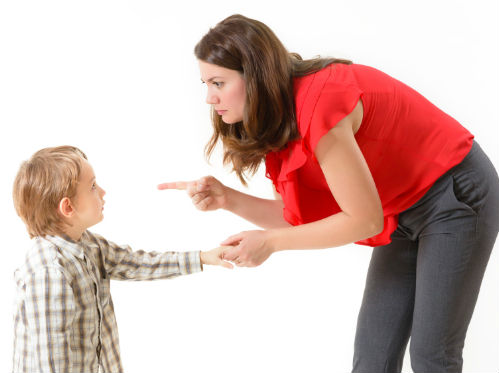The Effects of Punishing Your Child

Posted on December 12, 2019
There are many ways to discipline your children, but there are wrong and right ways to do so. “It is important to focus on teaching good behavior instead of punishing bad behavior,” said the American Academy of Pediatrics policy statement titled “Effective Discipline to Raise Healthy Children.” Research says that spanking, slapping and other forms of physical punishment don’t work well to correct a child’s behavior, as well as yelling at or shaming them.
Spanking increases children’s anger and aggression. Children who are spanked show higher levels of hormones which leads to toxic stress. Harsh physical and verbal punishments can damage a child’s long-term physical and mental health. Physical punishment may also affect the child’s brain development. Verbal punishment, like yelling at your child, can cause emotional pain and shame. Verbal discipline, which is more common as children get older, may lead to more behavior problems and depression.
There are many debates on how to discipline your children, mainly on spanking and yelling at them. Spanking doesn’t teach kids how to behave correctly. A child who gets spanked won’t learn how to get along better in the future. They spend their time focusing on how angry they are at their parents rather than what they did wrong. Spanking loses effectiveness over time. Yelling at your children makes them feel scared and insecure. Yelling will only make your children tune you out and make disciplining harder. Instead of verbal or physical punishments for your children, try doing other, more effective punishments, such as taking their electronics or toys away, talking to them in a calm voice, show them the right and wrongs.

